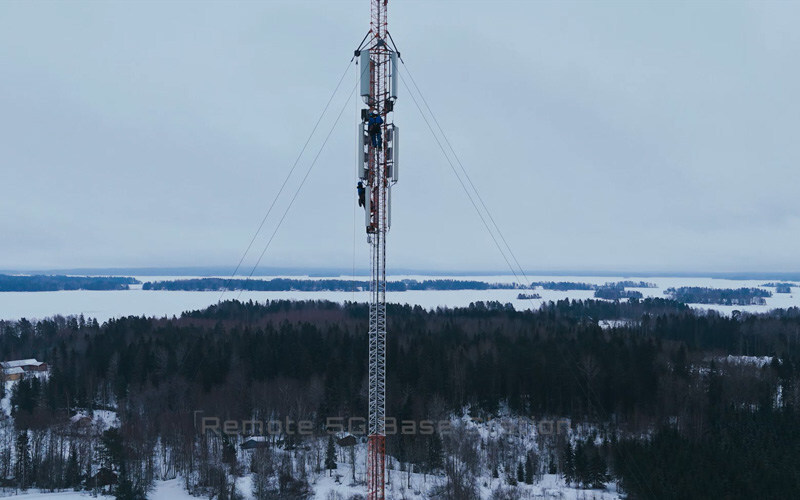Digital technologies are playing a vital role in addressing some of today’s biggest challenges, from the climate crisis to the digital divide. The latest episode of Discovery’s series Being Digi-Sapiens, titled Connecting with Nature, highlights the ways in which technology is fostering greater harmony between humans and the environment. The episode follows Swedish inventor and YouTuber Simone Giertz as she travels across Europe, exploring how digital innovations are helping communities adapt and thrive.
Bridging the digital divide in Finland
In rural Finland, Giertz learns about the country’s progress in providing high-speed broadband to remote areas, a challenge that has long persisted due to the high cost of deploying fibre-optic networks in sparsely populated regions. The digital divide between urban centres and rural communities has posed a serious problem, making it difficult for people in isolated areas to access the same online resources as those in cities.
To address this issue, technology giant Huawei is working to upgrade Finland’s 4G infrastructure to 5G. Unlike previous generations of mobile networks, 5G operates across multiple frequencies, including the sub-gigahertz range, which allows signals to travel further. This is particularly useful in rural areas, where 5G can deliver reliable and fast broadband. In Finland, homes equipped with 5G routers convert mobile signals into high-quality Wi-Fi, enabling families to use applications such as video calling and cloud gaming with ease.
Finland’s achievements in this area are considerable, with some of the best 5G coverage in Europe. Notable developments include operator DNA’s recent 10 Gbit mobile network speed test, and Lounea’s launch of 50G PON (Passive Optical Network) technology, which has the potential to revolutionise broadband speeds in remote areas.
Fighting climate change in Greece
In Greece, Giertz visits Athens to see how digital technologies are being used to combat the increasing threat of extreme weather. With heatwaves becoming more frequent, the risk of wildfires has risen significantly, posing a serious danger to forests and public safety.
One of the key technologies making a difference is an AI system developed by Huawei, called Pangu Weather. This advanced forecasting tool uses artificial intelligence to predict extreme weather events with greater accuracy than conventional methods, providing early warnings to allow residents and authorities to prepare. Dr. Lingxi Xie, a senior researcher at Huawei, explained that Pangu’s algorithms combine AI and traditional meteorological techniques to improve predictions of potentially dangerous weather.
But forecasting heatwaves is just one piece of the puzzle. Giertz also visits Syggrou Estate, a public park near Athens, where Huawei has collaborated with local partners to install a sophisticated fire detection system. The technology uses over 500 sensors to monitor the forest, detecting early signs of fires through smoke, air particles, and abnormal temperatures. If a fire is detected, the system analyses the spread and suggests evacuation routes for residents, helping first responders act quickly.
Developed in collaboration with the National and Kapodistrian University of Athens and the start-up PROBOTEK, this AI-driven solution is part of Huawei’s TECH4ALL initiative, aimed at protecting the environment through digital technology.
As climate challenges mount, Being Digi-Sapiens demonstrates how the right digital tools can make a significant difference, helping humanity live more sustainably and in closer harmony with nature.

